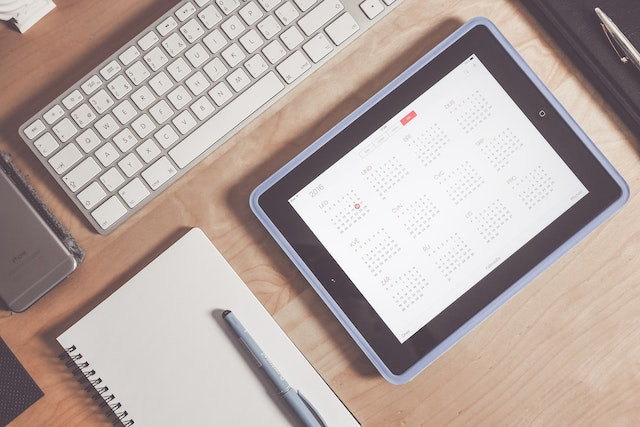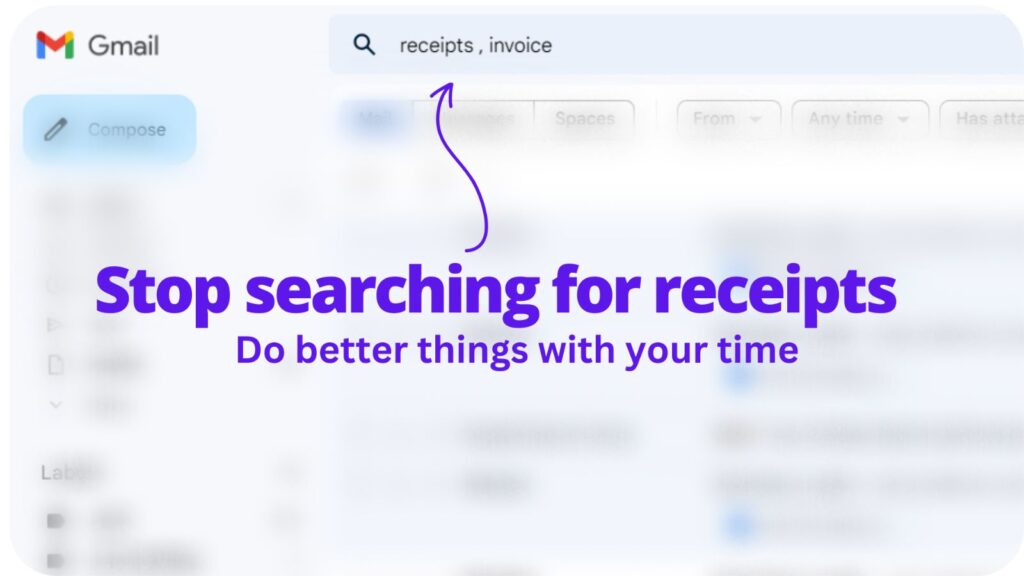Keeping all your receipts in order can feel like a chore. Yet, it’s something we all need to do. Maybe it’s for your taxes, or maybe you’re just trying to keep your personal budget on track.
But where do you start? If the thought of organizing that growing pile of receipts feels daunting, don’t worry. We’re here to help. We will share our best tips and tricks to make collecting and organizing your receipts a breeze. You’ll be a pro in no time.
Why You Need to Collect Receipts
Do you own a small business? If so, receipts are key. They’re not just paper. They’re a tool for money-saving. Receipts show what you’ve spent on your business. They can also help reduce taxes. So, organizing receipts isn’t just busy work. It’s a smart business move.
The Importance of Keeping Receipts
Receipts are important for tax time. They also help if the IRS audits you. Imagine this: an IRS auditor asks for your credit card statements. Receipts give more detail about what you’ve spent. They’re like a safety net.
Also, having organized receipts makes it easy to see your expenses. This helps with managing your money.
Benefits of Receipt Collection
There’s more to receipt collection than just tax benefits. Receipts can track costs like meals and fun things for your business. This could save even more money. In today’s digital world, you can make digital copies of receipts. This cuts down on paper and keeps your receipts safe.
All things considered, collecting receipts is more than just a good idea. It’s the best way for small businesses to achieve financial success.
How to Collect Receipts Daily

Developing a Habit of Receipt Collection
Now, developing a habit of collecting receipts daily is easier than you think. First, make it a part of your routine. Each time you make a business-related purchase, save the receipt. This simple step can save you time during tax season.
But what if you have a mix of physical and digital receipts? Well, that’s where today’s technology comes in handy. You can scan paper receipts and keep digital copies. This can reduce paper clutter and makes backup easier.
Above all, it keeps your business receipts organized in one place. Therefore, make good use of digital receipts. It’s a smart move for any business owner that wants to collect receipts.
Another good habit is to note down the business purpose on each receipt. For instance, if you have dining and entertainment expenses, note it down. This helps when filing receipts for tax deductions. Hence, tracking your receipts is not just a chore. It’s a way to stay organized and ready for tax season.
Practical Tips to Remember to Collect Receipts
Now, let’s look at some tips to remember to collect receipts. One simple tip is to keep a receipt organizer in your car or bag. After all, it’s easy to lose receipts, especially the small ones. A designated place for them can solve this problem.
Next, make use of digital tools. Many apps can scan receipts and store them securely. They even categorize expenses, making it easier for tax preparation.
Also, using a tool that has Gmail receipt & invoice automation will save you time by collecting digital receipts directly from your Gmail account. This not only makes your receipt collection automatic but also ensures you don’t lose any important transaction records.
So, it’s not just about collecting receipts. It’s about staying organized. With digital tools, it’s easier than ever.
Finally, involve your accountant. Yes, your accountant can give you more tips on how to organize business receipts. They can help identify deductible expenses and provide audit protection. So, the process of keeping receipts organized becomes simpler. Plus, it saves you time.
After all, saving time means saving money. All in all, these tips make collecting receipts daily not just a good idea, but the best course for your business.
Tools to Help You Collect Receipts

Receipt collection can be hard. Luckily, there are tools for small business owners. They help keep your receipts organized. A receipt tracker app could be the perfect solution for this task.
With options like automatic receipt collection from Outlook, managing your receipts becomes effortless. This type of app will digitize, categorize, and store all your receipts, making it easier for you to access and review them whenever necessary.
Useful Apps for Receipt Collection
Apps are great for receipt collection. They’re part of today’s digital age. Apps like WellyBox can scan and store receipts. Some apps even track business expenses. Best of all, they sync with accounting software. That makes tax preparation easy.
Physical Tools to Collect Receipts
Physical tools also help. A receipt organizer can hold all your paper receipts. Scanners create digital copies of receipts. That reduces paper clutter. Finally, a good old filing system is still helpful. It sorts receipts, making them easy to find.
How to Organize and Store Collected Receipts
Simple Organization Techniques
Divide your business receipts into two types: paper receipts and digital receipts. Paper receipts are physical receipts. You can touch them. Digital receipts are in your email or computer.
Sort your paper receipts. Do this by business expenses. For instance, put entertainment receipts in one place. Put other expense receipts in another place. This makes it easy to find and collect receipts at tax time.
For digital receipts, create a special email folder. Save all digital receipts in this folder. It’s like a digital file cabinet.
In addition, try a method like “Receipt Hunting in Email” to systematically search for and save receipts that may have landed in your inbox. It’s an efficient way to make sure you don’t miss anything important. Also, back up digital receipts. Use a cloud service for this.
Storage Ideas for Your Collected Receipts
Many small business owners use a filing system for paper receipts. This means you put receipts in folders. Label each folder by the type of expense. This helps at tax return time.
Another good idea is a receipt box. It’s a box just for receipts. This reduces paper clutter and keeps your desk tidy. Plus, it’s an easy way to store receipts.
Last, remember to keep your receipt records safe. Store paper receipts in a dry, cool place. Keep digital copies on your computer and in the cloud. This is a smart way to protect your business receipts.
What to Do If You Lose a Receipt?
Steps to Take When a Receipt Is Missing
Firstly, don’t panic. Losing a receipt is not the end of the world. Especially for savvy business owners like you. You have a few options.
If the receipt is for a business expense, contact the store. They may be able to create a duplicate receipt. This is a good first step. And you can go to store and collect receipts.
Secondly, check your bank statements. Often, they show your transactions. They may not be detailed like receipts. But, they can help in tax preparation.
Lastly, speak to your accountant. They know all about tax deductions. They can guide you on what to do without a receipt.
How to Prevent Losing Receipts in the Future
To prevent losing receipts in the future, organize them. One basic tip is to have a receipt box. Put all physical receipts in it.
For digital receipts, save them in a special email folder. And always back up your digital copies. This helps keep your receipts safe. So, you won’t lose them.
Remember, the best course is to save receipts right away. And make sure to organize receipts regularly. This will help you keep track of your business expenses.
Frequently Asked Questions
How long should I keep my business receipts?
Many business owners keep receipts for at least three years. This is because tax audits can happen up to three years after you file. So, it’s a great idea to hold on to them.
Is there any receipt that I should definitely keep?
If the receipt is for an expense related to your business, keep it. It can help reduce your taxes. This can lead to financial freedom for self-employed people like you.
Can I only keep digital copies of my receipts?
Keeping digital copies of receipts is smart. It saves space and time. But, remember to back up your digital copies. This will prevent you from losing them.
What if I lose a receipt for a personal expense?
For personal expenses, it’s usually okay if you lose a receipt. Unless it’s for a big purchase or warranty claim, you should be fine. But, try to organize your personal receipts too. It’s a good habit.
Conclusion
Collecting and organizing receipts may seem daunting. But, with the right tools and basic tips, it becomes easy. Above all, remember that collecting receipts is not just about keeping track of expenses. It’s also about finding opportunities for tax deductions. This is essential for all small business owners.
So, start collecting your receipts now. Whether they are paper or digital, keeping them in order will help you achieve financial success. It’s not just a good idea, it’s a smart business move.

Collect receipts from your email automatically!
Try WellyBox - your AI assistant for receipts😃
Start for Free
